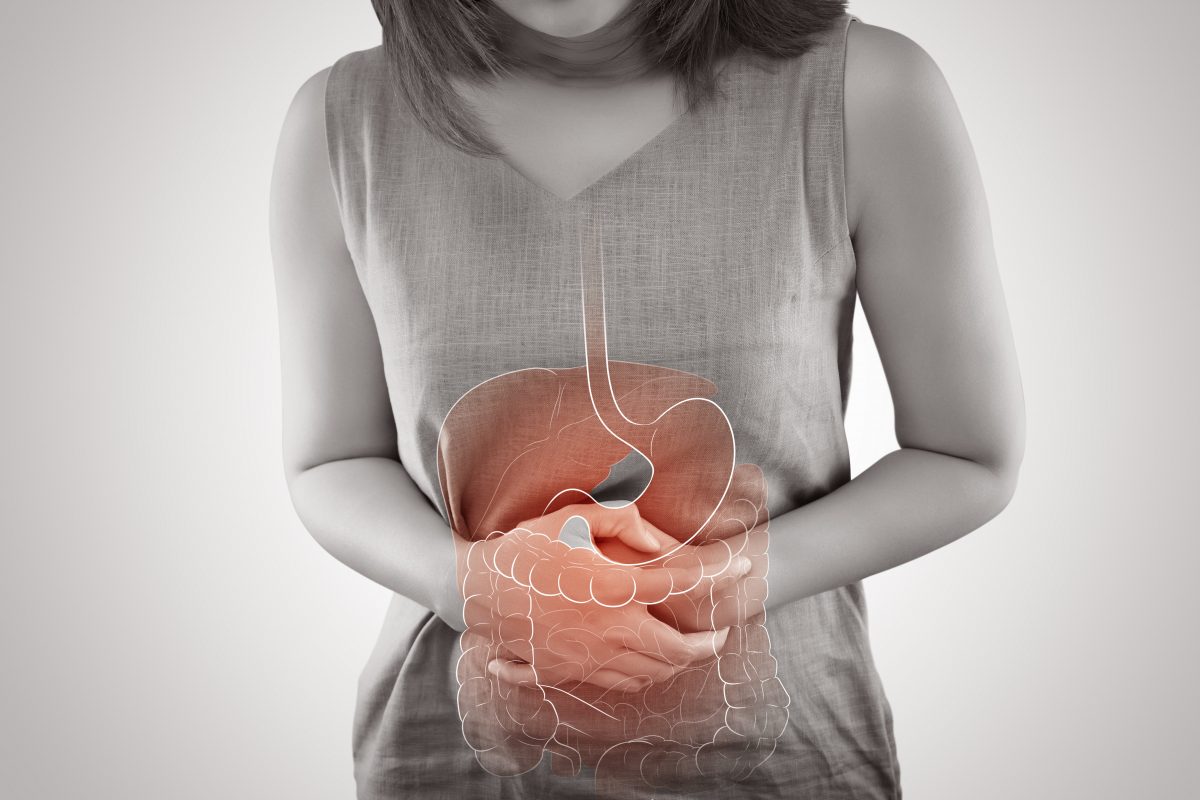Bowel Cancer

Bowel cancer mostly affects people over the age of 50, but recent evidence suggests it is on the rise among younger Australians.
Our study found bowel cancer incidence is falling in older Australians. This is likely, in part, to reflect the efficacy of the National Bowel Cancer Screening Program, targeted at those aged 50–74 to screen for bowel cancer using a free, simple test at home. Bowel cancer screening acts to reduce cancer incidence, by detecting and removing precancerous lesions, as well as reducing mortality by detecting existing cancers early.
Why bowel screening is important
Bowel cancer often develops without any symptoms. The cancer can grow in the bowel for years before spreading to other parts of the body. Very small amounts of blood can leak from these growths and pass into your faeces (poo). These tiny amounts of blood are not noticeable just by looking. The bowel screening test is called an immunochemical faecal occult blood test (iFOBT). It can detect these tiny amounts of blood in your poo.
What are symptoms of bowel cancer?
- Blood in your poo or rectal bleeding
- A recent, persistent change in bowel habit (e.g. diarrhoea, constipation or the feeling or incomplete emptying)
- A change in the shape or appearance of your poo (e.g. narrower poos or mucus in poo)
- Abdominal pain or swelling
- Pain or a lump in the anus or rectum
- Unexplained anaemia causing tiredness, weakness or weight loss
Can bowel cancer be prevented?
While there’s no way to prevent bowel cancer completely, several diet and lifestyle choices can lower your bowel cancer risk:
- Keep physically active for at least 30 minutes each day.
- Reduce alcohol intake to no more than 2 standard drinks per day, or avoid it altogether.
- Include dairy products such as low-fat milk, yoghurt and cheese in your daily diet, with at least 2 serves per day.
- Include wholegrains and fibre, such as brown rice, wholemeal bread, vegetables, fruits, beans and nuts.
- Limit red meat consumption to 500 grams cooked per week and avoid processed meat altogether.
- Quit smoking and avoid breathing in tobacco smoke.
When should I see my doctor?
- See your doctor or healthcare professional if you have blood in your stool, unexplained changes in your bowel habits, tiredness, abdominal pain or any other symptoms that may indicate bowel cancer.
- Since bowel cancer can develop with few signs early on, you should also speak with your doctor if you know of any pre-existing risk factors, or if you are concerned about getting it later in life.
Please refer to below links for more details:
https://www1.racgp.org.au/newsgp/clinical/what%E2%80%99s-behind-the-increase-in-bowel-cancer-among-y
https://www.healthdirect.gov.au/bowel-cancer
Get to know our GP doctors:
At Familywise Medical Practice we provide a comprehensive range of services for your medical and healthcare needs. Bulk billing is available. Get to know our General Practitioners:
